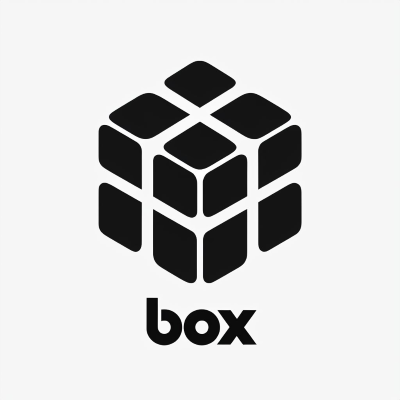ToolBox
STDIOAI-powered automation tool development platform with modular architecture and enterprise capabilities.
AI-powered automation tool development platform with modular architecture and enterprise capabilities.
An AI-powered automation tool development platform, providing:
🧩 Modular Architecture - Tool hot-reloading via the src/tools directory
🤖 AI Assistance - AI engine for natural language to tool template conversion
🚀 Enterprise-Grade Capabilities - Integration of production environment services such as MongoDB/Redis/SSH
🔄 Real-time Updates - Zero-downtime deployment via buildReload_tool
graph LR A[Developer] -->|Create| B(Tool Template) B --> C{AI Verification} C -->|Pass| D[Automatic Loading] C -->|Fail| E[Human Review] D --> F[API Exposure] F --> G[Client Invocation] style C fill:#4CAF50,stroke:#333
Contributing Guidelines (English) Contributing Guidelines (中文)
View the complete tool specifications and detailed documentation: TOOL.md
Resources are generated dynamically as a result of tool execution. For example, the create_note tool creates a note resource that can be accessed via its URI.
The workflow_tool is a powerful tool for orchestrating complex workflows by chaining together multiple tools. It supports:
summarize_notes: Generates summaries of the notes created using the create_note tool.graph TD A[Create Tool Template] --> B{AI Automatic Verification} B -->|Schema Validation| C[Generate Test Cases] B -->|Risk Exists| D[Human Review] C --> E[Unit Testing] D -->|Approve| E E --> F[Security Scanning] F --> G[Build Integration] G --> H[Version Release] style A fill:#f9f,stroke:#333 style H fill:#4CAF50,stroke:#333
Detailed Development Process
src/tools/ directoryView the complete development guide: prompt.md Refer to existing implementations: Tool Examples
Install dependencies:
npm install
Build the server:
npm run build
For development with auto-rebuild:
npm run watch
 A Seamless Integrated Automation Toolkit for Claude Desktop
A Seamless Integrated Automation Toolkit for Claude Desktop
To integrate with the Claude Desktop application, add the following server configuration to:
~/Library/Application Support/Claude/claude_desktop_config.json%APPDATA%/Claude/claude_desktop_config.json// Cline MCP server configuration file { "command": "node", "args": [ "--inspect=9229", "/MCP/ToolBox/build/index.js" ], "env": { "MONGO_URI": "mongodb://user:password@host:port/db", "MONGO_INDEX_OPS": "true", "REDIS_URI": "redis://:password@host:port", "SSH_server1_URI": "username:password@host:port", "GEMINI_API_KEY":"GEMINI_API_KEY", "SSEPORT": "8080" // Optional: If set, the server will use SSE transport on this port. Otherwise, it defaults to Stdio transport. }, "disabled": false, "autoApprove": [] }
🚀 Enterprise-Grade Automation Leveraging package.json configuration, providing:
tbx command)🔧 Developer-Friendly
Implemented by callinggraph LR A[Code Modification] --> B[buildReload_tool] B --> C[Automatic Compilation] C --> D[Security Verification] D --> E[Tool Reloading] style B fill:#4CAF50,stroke:#333
buildReload_tool:
Debugging MCP servers can be challenging due to their stdio communication. Here are a few approaches:
🚧 Disclaimers
DO NOT CONFIGURE CONTAINERS WITH SENSITIVE DATA. This includes API keys, database passwords, etc.
Any sensitive data exchanged with the LLM is inherently compromised, unless the LLM is running on your local machine.
--inspect=9229 flag:node --inspect=9229 build/index.js
Then, connect to the server using Chrome DevTools by navigating to chrome://inspect.
MCP Inspector: Utilize the MCP Inspector, a dedicated debugging tool accessible via the inspector npm script:
VSCode Debugging
To debug with VSCode, create a .vscode/launch.json file with the following configuration:
{ "version": "0.2.0", "configurations": [ { "type": "node", "request": "attach", "name": "ToolBox", "address": "localhost", "port": 9229, "localRoot": "${workspaceFolder}" } ] }
Then, launch the server with the --inspect=9229 flag and attach the VSCode debugger.